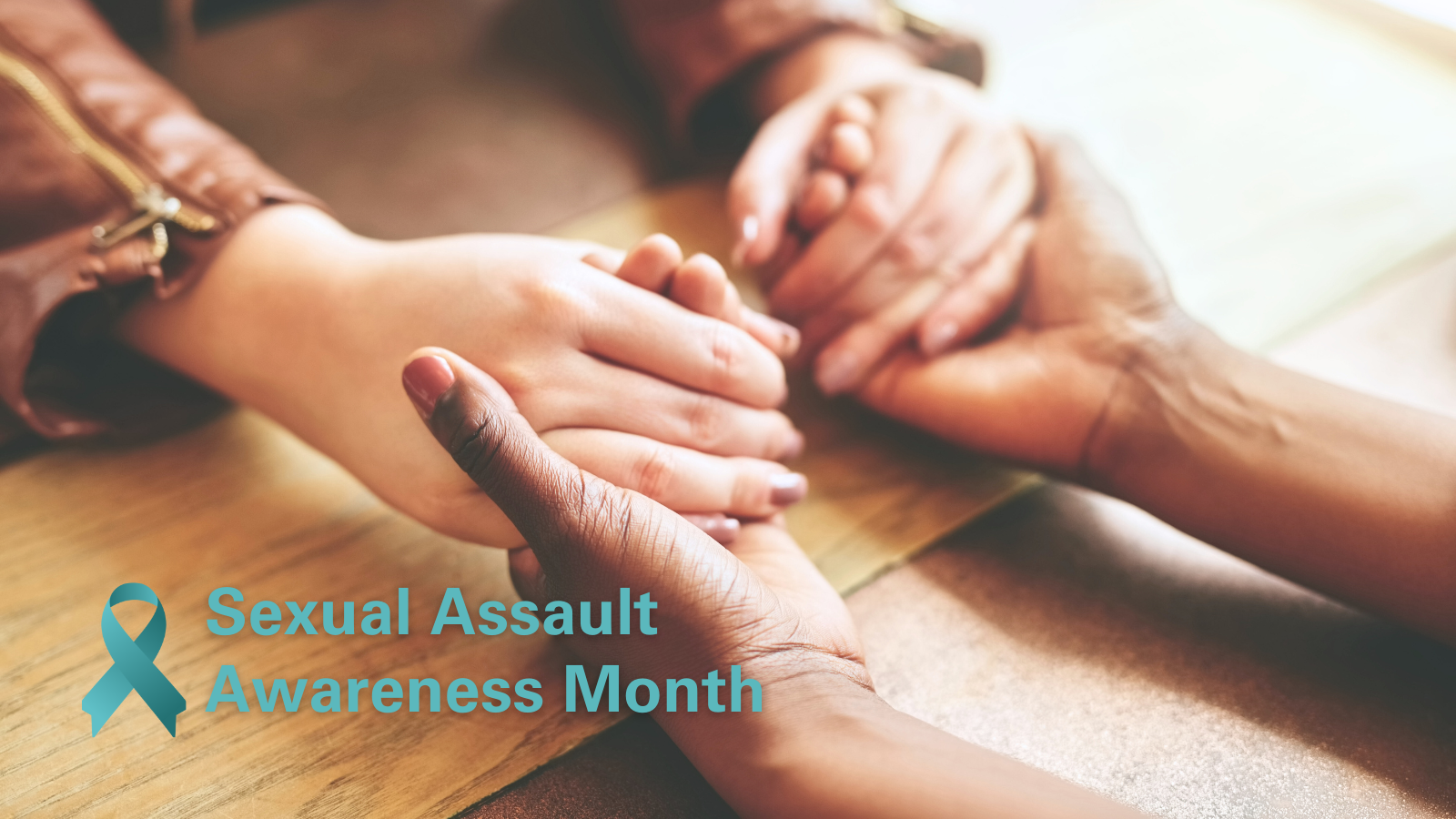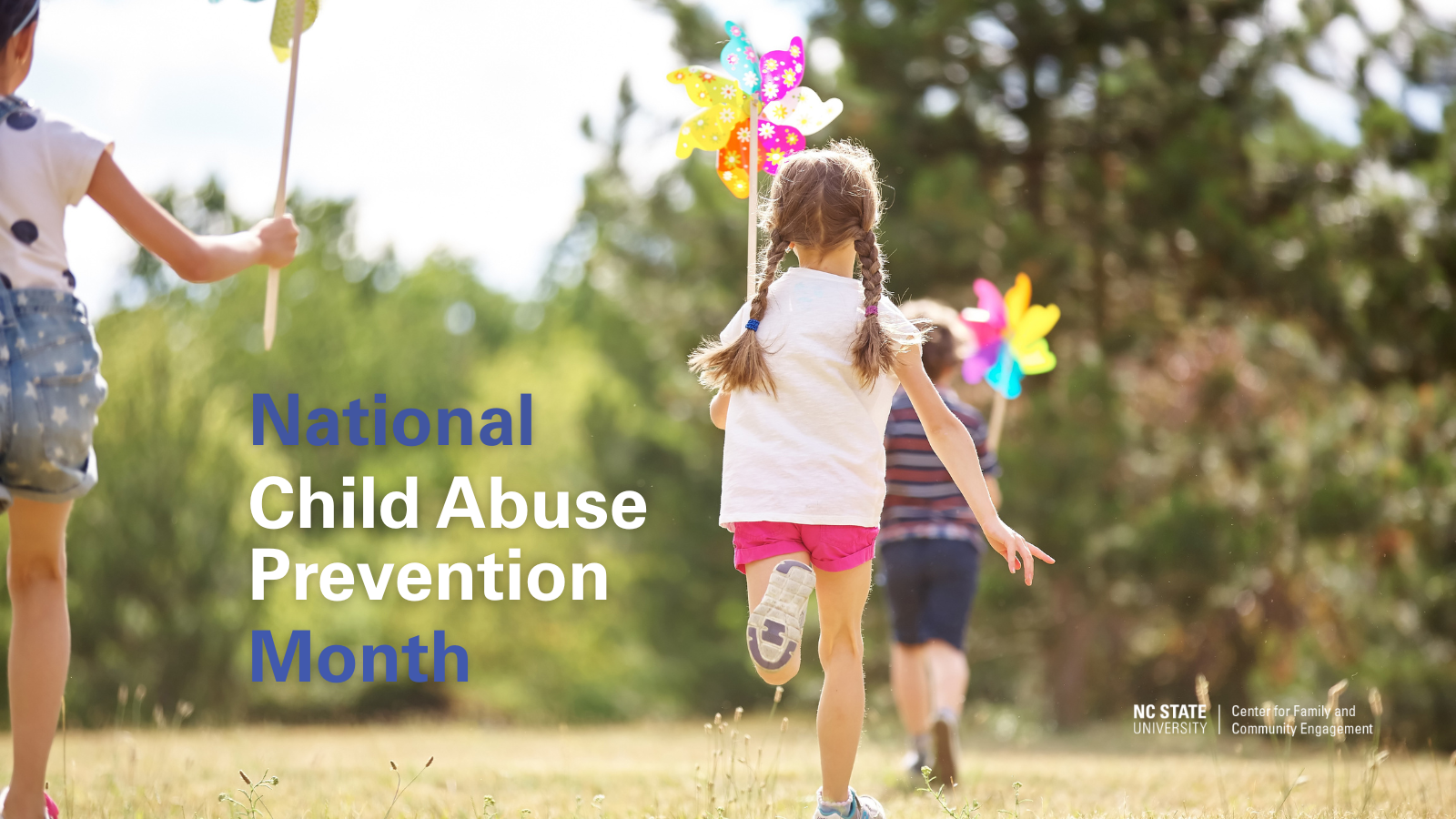May is National Foster Care Month
by: Marianne Latz
May is National Foster Care Month. This is a time to celebrate all the people involved in supporting children and youth in foster care. These very important people include family members, child welfare professionals, community supports, and others who work day in and day out to help build a brighter future for these children and youth.
In honor of National Foster Care Month, the Center is celebrating Strong Able Youth Speaking Out (SaySo), our community partner and an important North Carolina resource. SaySo is a statewide association of youth with experience in out-of-home care ages 14 to 24. Their mission is “to work to improve the substitute care system by educating the community, speaking out about needed changes, and providing support to youth who are or have been in substitute care” (www.saysoinc.org).
In celebration of National Foster Care Month, The Children’s Bureau is offering two free webinars. The first of these, Integrated Systems Approach to Permanency-Focused Programs, is co-presented by Dashun Jackson, a co-creator of “Nevada’s first foster care bill of rights” and president of his state and local FosterClub chapters. The second, Real Talk: Myths and Challenges in Permanency Work, is co-presented by Chauncey Strong, a foster care supervisor and foster care alumnus. A third one, Federal Supports to Improving Permanency
Outcomes in Child Welfare, will round out the offerings for the month. Click here to learn more about them or to register.
Also available on the Children’s Bureau website are Real-Life Stories about children, youth, and families involved with the foster care system and some resources to help youth, families, communities, and caseworkers. One compelling resource from the Bureau’s website is a youth-compiled list entitled, Ten Things that Youth Want Child Welfare Professionals to Know: Engaging Youth in Foster Care. The top two items on their list are supported by child and family team meetings:
- It is important to me that I take ownership of my future by helping to create my case plan.
- Remember that frequent, consistent, and comfortable communication is paramount to the success of healthy relationship building.
The Center for Family and Community Engagement offers several training workshops about child and family team meetings (CFTs) and family-centered practice. Specific to youth aging out of foster care is Keeping it Real: Child and Family Teams with Youth in Transition. This one-day training event is designed to offer service providers a formalized method for increasing the voices of youth in foster care in their individual transitional living plans. Participants will understand the use of the CFT model as a planning format with youth and their identified supports. Skill-based activities will focus on how to prepare youth for meetings, how to assist youth in deciding who they want to attend meetings, and how to emphasize the importance of follow-up meetings as a way to support the youth’s successful transition to independent living. To learn more about this and other curricula visit our website.
- Categories:


